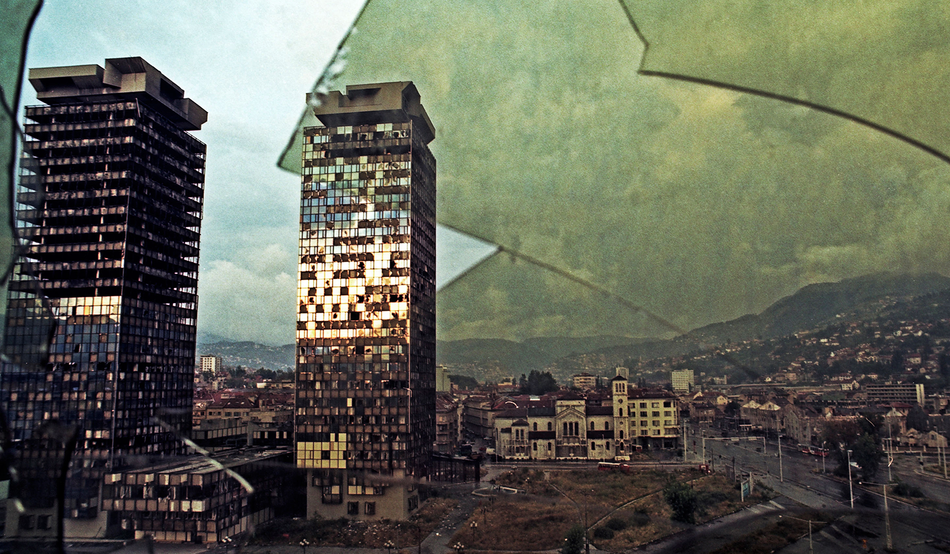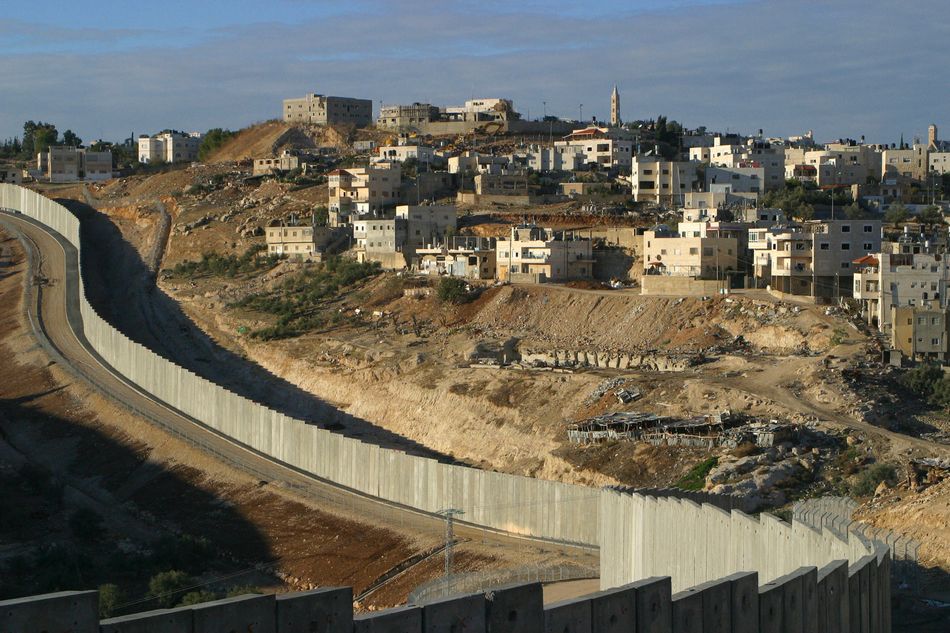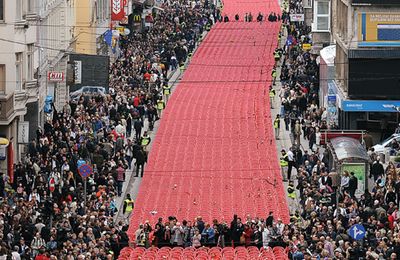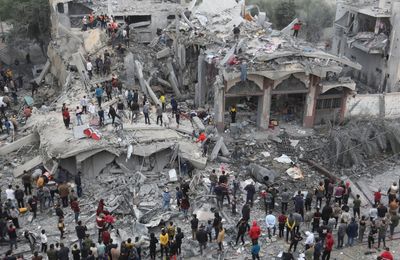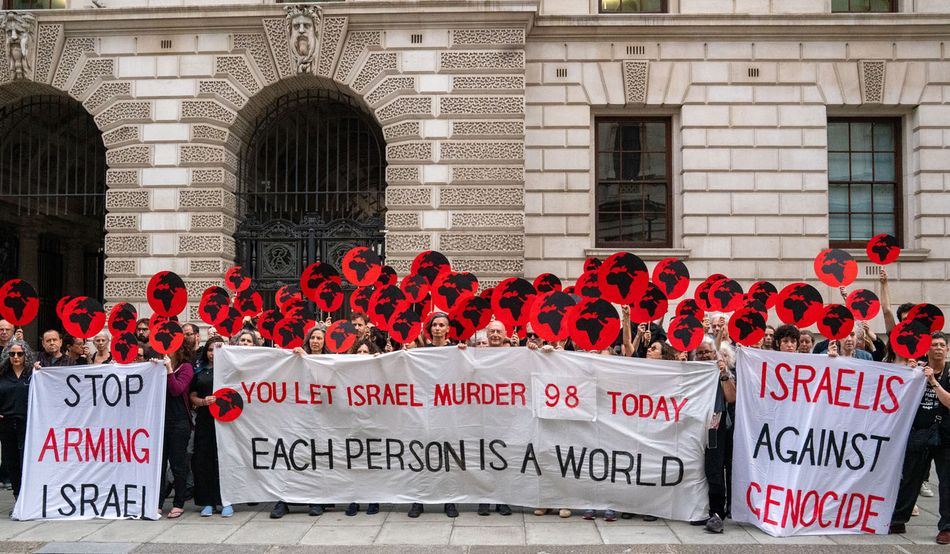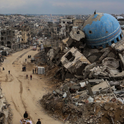Keir Starmer and other world leaders have committed to recognising the State of Palestine at the 80th United Nations General Assembly (UNGA), which started yesterday in New York. With Israeli forces having established control over 40 per cent of the area, destroying dozens of buildings in Gaza City and ordering “all residents” to evacuate immediately, recognition should not be limited to a symbolic gesture—though some have dismissed it as such. As has been argued elsewhere in Prospect, recognition could be the beginning of the end of this war. But without agreement what happens on the day after the war ends, it risks being only the next phase of a conflict that has been a festering sore in international order for decades.
Public and political pressure on the UK’s prime minister grew as atrocities against civilians mounted, and ahead of the declaration of famine in Gaza in August. In July, Starmer pledged, alongside a number of other countries, to recognise Palestinian statehood unless Israel took “substantive steps” towards peace. These included agreeing to a ceasefire in Gaza, allowing full humanitarian access, explicitly rejecting any plans to annex West Bank territory and returning to a credible peace process aimed at establishing a two-state solution.
A public commitment to recognition took political courage. Perhaps more significantly, it required the (re-)establishment of real coordination between the UK and Europe on this issue, in the face of an apparently intransigent Israeli-US coalition. Still, recognition of a state without real commitments to minimum guarantees of security and rights weakens the practicality of such a move, as well as the UK government’s position.
Official recognition of Palestine would typically entail the establishment of full diplomatic relations—a commitment that cannot then be retracted. Around 147 states already recognise a Palestinian state. France, Canada, and the UK would be the first G7 states to do so (the other G7 members being Germany, Italy, Japan and the US). But the failure to agree on what comes next is what creates most risk, as another recent conflict shows.
In April 1992, the US and the European Economic Community, the precursor to today’s European Union, recognised Bosnia and Herzegovina, which was then admitted to the UN on 22nd May that year. Recognition was granted without any international consensus on further intervention to prevent escalating tensions, beyond the provision of humanitarian aid. Soon after, Bosnian Serb forces, backed by the Yugoslav People’s Army, began the siege of Sarajevo.
The capital was shelled and cut off from supplies for nearly four years. Civilians faced constant bombardment, sniper fire, and shortages of food, medicine and electricity. For those launching the siege, the logic was that diplomatic recognition had already decided Bosnia’s status; only control of territory could guarantee their position. The wider conflict quickly spread across the country, marked by ethnic cleansing and the displacement of more than two million people. By the war’s end in 1995, more than 100,000 people had been killed. Recognition, in this case, was no protection against the scale of violence that followed.
The Gaza war has already lasted nearly two years, with a casualty count estimated to be between 60,000 and 100,000 people. The IDF’s assault on Gaza City is likely to be as deadly and culturally defining as the US and UK assault on Fallujah in 2004. All sides to this conflict deserve more than gestures. Yet, Kofi Annan, the former UN secretary general, noted in his memoirs how often discussion of Palestine reverted to shallowness and symbolism: “In debates in the General Assembly on ‘the question of Palestine’, all the symptoms of irrelevance and even destructiveness were plain. They generated heat but did not shed much light on who had to do what, when, and how, to achieve peace.”
As I and a number of colleagues argued in July, a transactional approach to statehood, without clear arrangements for implementing it, risks undermining obligations under international law—including of the State of Israel, and the eventual State of Palestine—towards the population of Gaza, and the population of Palestine more generally.
For recognition to have meaning, it must be tied to guarantees of the security and rights of those it impacts. Whatever is agreed needs to bridge the positions of both sides and their international partners—not on goals, which most agree is unattainable, but on the basic requirements both parties to the conflict insist must be met.
Without such a framework, partners who are being asked to provide peacekeepers and funds for reconstruction in Gaza, particularly from the EU and Arab world, will be left unsure of US intentions, undermining their commitment to such provisions. Any recognition absent such a framework will not break the cycle of violence.
Politics is commonly referred to as the art of the possible. This art is most needed when lives and security are at stake, when positions harden and domestic constituencies mobilise. It is in these moments, with metaphorical backs against the wall, that leaders must reach across divides to find agreement. The US’s refusal of entry visas to the Palestinian president, Mahmoud Abbas, to participate at the UNGA, potentially in violation of the 1947 UN Headquarters Agreement, which obligates the host country to facilitate access for all accredited delegations, indicates how deep these fissures remain.
Despite the larger US retreat from the world, Washington has not withdrawn from multilateralism; indeed, it has asserted that multilateralism should focus on peace, sovereignty, and liberty. British interests are best served by the preservation of international security and good multilateral cooperation, as the UK’s National Security Strategy 2025 underscores—and that means cooperating with the US, which is remains the most influential external player when it comes to Israel and Palestine. A more coherent approach to statehood, one that provides guidance to other countries with a stake in regional peace, and a voice to the affected populations, stands a greater chance of success, for the benefit of all.
Something must be done to end the suffering of civilians and the destruction of Gaza. Recognition of Palestine is indeed “something”—but we must not ignore the lesson from history, that symbols alone cannot deliver peace.
